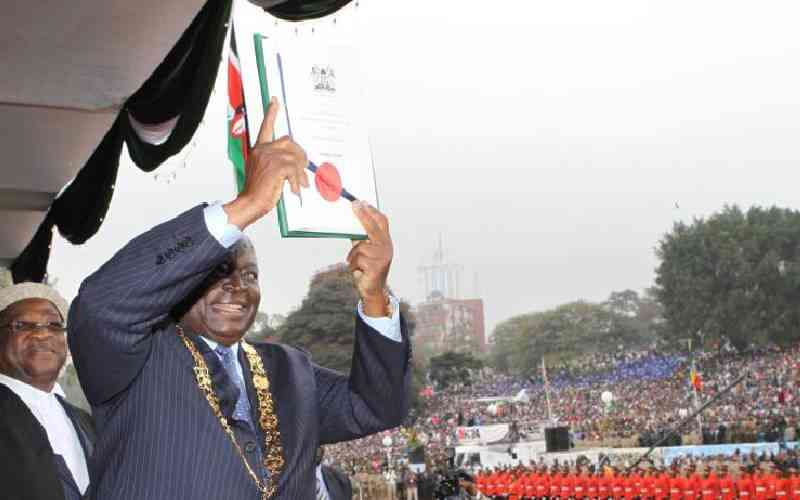
It is clear from occasional pronouncements flowing across the political divide that we could be headed to a political consensus on constitutional amendments to resolve intractable issues wrought by aspects of the political architecture of the 2010 Constitution. This is not surprising.
In Kenya's history, constitutional change has always been primarily aimed at achieving political objectives as opposed to resolving the social and economic issues that plague the country, an issue comprehensively tackled by Professor Githu Muigai in his must-read book "Power Politics and the Law."